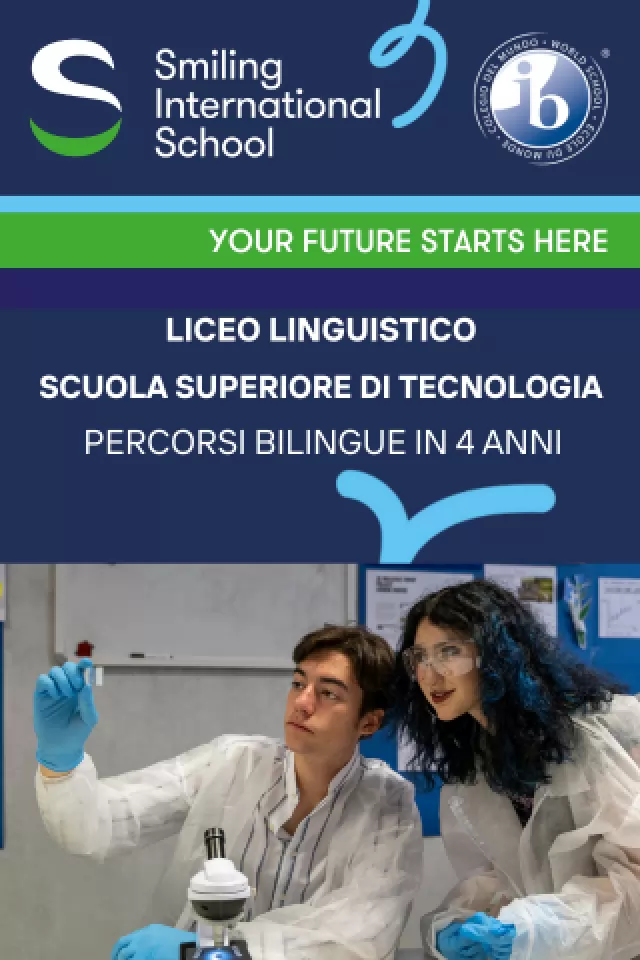Catholic organisations coordinate plans to tackle epidemic
A meeting was held at the Vatican to discuss how the Catholic church is coping in its response to ebola in countries in west Africa, where the epidemic has killed almost 5,000 people and left millions more coping with other consequences such as lack of health care for non-ebola cases, no schooling and serious future effects for the economy, especially for agriculture.
The meeting was organised by Caritas Internationalis, the umbrella organisation of 165 Catholic relief, development and social service organisations around the world. Catholic clergy and medical experts, either present in person or via Skype from west Africa, convened to share their experiences and discuss how to coordinate their response in the countries worst affected: Guinea, Liberia and Sierra Leone.
The meeting was chaired by Mons. Robert Vitillo, health adviser for Caritas Internationalis, who has recently returned from a visit to Liberia. He underlined the role of education and community mobilisation in dealing with ebola, describing it as "the best means of prevention", stressing the importance of providing clergy, key community leaders and youth groups with basic knowledge about dealing with the disease.
Dr Timothy P. Flanigan, an American infectious diseases specialist and Catholic deacon, had also recently returned from a two-month visit to the National Catholic Health Council in the Liberian capital Monrovia. While there he taught staff to practice a "no touch care" policy which he described as being completely different to a doctor's usual hands-on approach. Patients are asked to describe their symptons and indicate where they hurt, without being touched by medical staff. He also encouraged the frequent washing of hands in diluted bleach. Stressing the highly contagious nature of the disease, Flanigan said "One single case of ebola is an outbreak."
Vitillo addressed the subject of burying ebola victims and the difficulty for families of being forbidden from carrying out the local custom of washing the bodies before burial, as mandated by the World Health Organisation (WHO). Flanigan described the pain felt by communities in not being allowed to participate in this pre-burial tradition, although Vitillo said that Caritas had helped to change the WHO policy of a complete ban on clergy or family members attending burials. Now one relative and a member of the clergy can be present at the burial but they must remain at a safe distance from the grave.
However this situation is compromised by reports in Sierra Leone of people attempting to bribe health-care workers to certify a family member who died from ebola as testing negative for the virus, to allow for a traditional funeral. This was conveyed to the Rome meeting via Skype by Edward John-Bull, the Caritas director in Sierra Leone, where the number of new ebola cases is currently increasing faster than in Liberia.
Caritas officials also outlined the difficult concept of quarantine for communities that are used to being outside working, in a very sociable culture.
During the meeting it was reported that all schools in Liberia, Sierra Leone and Guinea are closed, with “no hope they will open before the end of this year.”
Looking to the future, the Caritas teams are now planning for the post-epidemic recovery, including caring for orphans of ebola victims. For more insights, see Timothy P. Flanigan's blog.


















